 Free delivery on orders over £75 ex VAT
Free delivery on orders over £75 ex VAT Free click & collect from branches nationwide
Free click & collect from branches nationwideSolar Panels are an increasingly popular energy-saving solution for homeowners across the UK. As energy prices continue to skyrocket, solar panels are more than just a way of reducing carbon footprint - they’re also a serious money-saving option for long-term savings.
From our own research, we’ve seen an average of 1,000 weekly solar PV installs In Q1 2022. Yet in Q1 2023, this number has jumped to 5,000 weekly installs.
As solar panels grow in popularity - and will continue to grow as we get closer to our 2050 net zero target - installers must stay in the loop with solar panel installation best practices, or risk missing out on this huge sector growth.
City Plumbing’s team of solar experts have put together a competent guide with everything you need to know about Solar Panel installation. By following these best practices you can provide your next customer with professional installation done properly and safely, so they can start feeling the benefits of Solar Power for years to come.
How Solar Panels Work
Once you have installed Solar Panels onto your customer's roof, they will get to work immediately.
- The panels convert sunlight into electricity, generating a Direct Current (DC), which then flows to a converter.
- The direct current is then changed to an Alternating Current (AC), which flows to the breaker box; then, it can power any appliance in use in the property.
- Any unused electricity generated will flow to the meter on the grid. If your customer requires additional power during the day, they can return electricity from the grid.
Types of Solar Panels You Will Need
There are many types of Solar Panels in today's market, which we discussed in depth in a previous article, but to recap there are three most common types of Solar Panels currently available; Polycrystalline, Monocrystalline and Thin film solar panels suitable for domestic installation.
There are many different factors when choosing the correct type of Solar Panel for your customer's property, such as:
- Your customer's energy needs
- The customer's budget
- How much sunlight your customer's property receives
Suppose your customer's property receives a large amount of sunlight and needs significant energy. In that case, you may recommend Monocrystalline Solar Panels because they're known for their high efficiency - however they are typically the most expensive option.
If your customer's budget is low, you can offer Thin-film Solar Panels instead. These are more affordable than Monocrystalline Panels; they're made from a thin semiconductor material but are the least energy efficient.
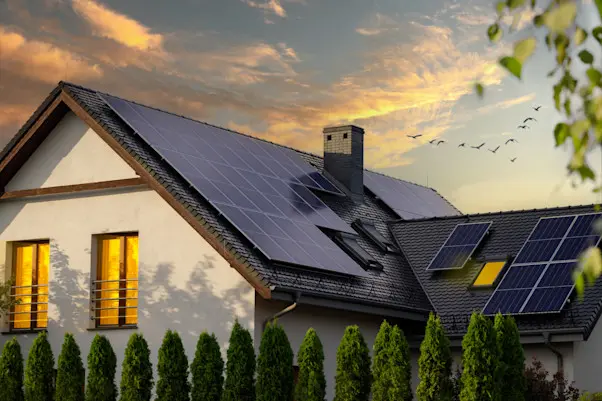
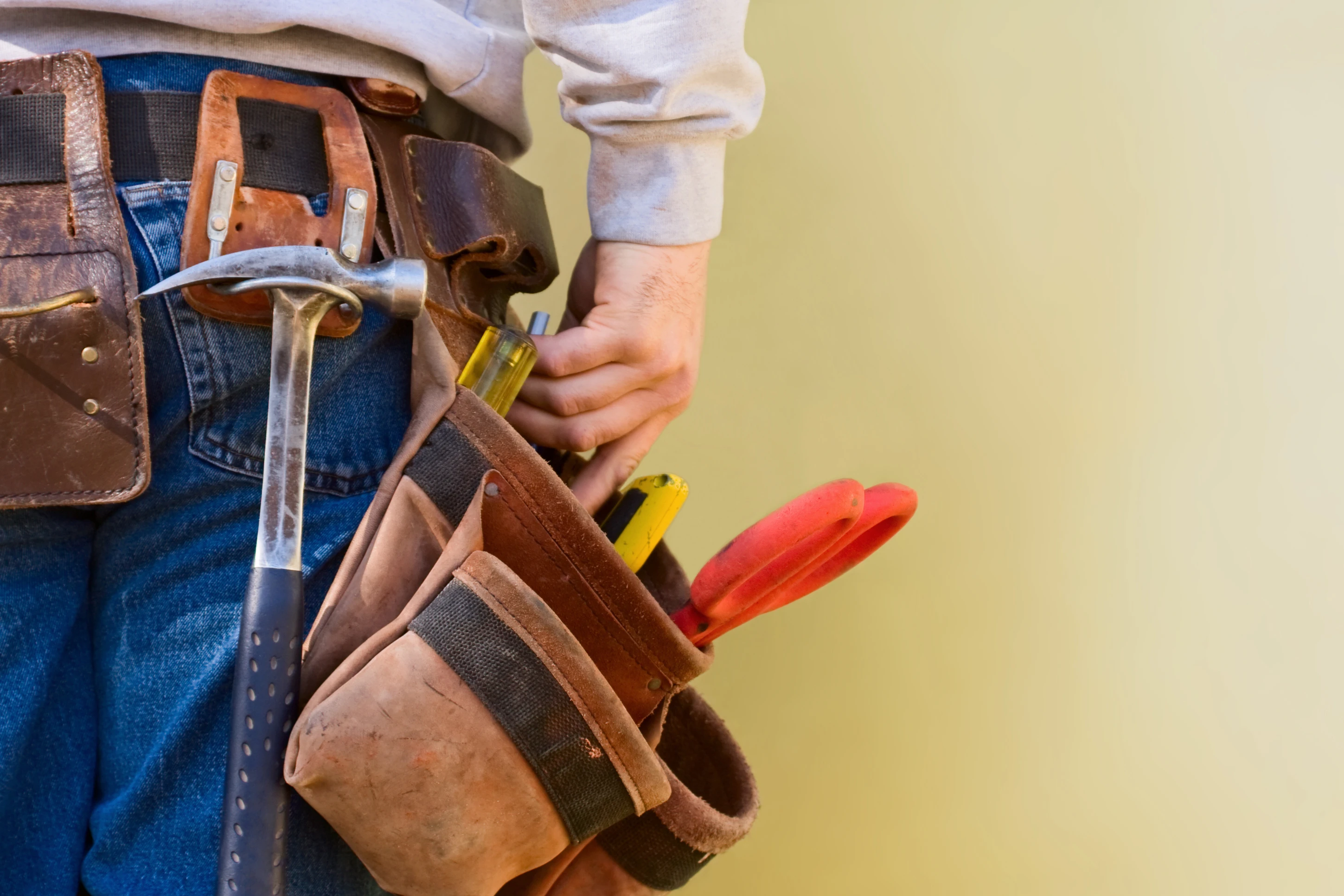
Don't Get Caught Without the Right Tools
You must ensure you have the correct tools for the Solar Panels installation process, as the equipment you will need all depends on the size and complexity of the solar installation.
The following tools are necessary for a safe and secure installation:
Steel Capped Boots - Designed to protect your feet from falling objects.
Gloves - Offers protection for your hands to avoid cuts and hazardous elements.
Safety Glasses - Essential for protecting your eyes from debris.
Ladders - Required for getting onto rooftops.
Drills - A rotary drill used for creating holes in wood, metals and other materials.
Screwdrivers - A hand tool used for the insertion and extraction of screws.
Wrench - Allows for applying torque to turn objects.
Spirit Level - Used to indicate whether a surface is horizontal or vertical.
Hammers - Used for joining materials and the removal of nails.
Wire Strippers - Used for removing the insulation from wires.
Crimping Tool - Used to join two pieces of metal or components together.
A Multimeter - Used for measuring voltage and amps.
It's also important to note that while these are just a few tool recommendations, it’s a good idea to have additional tools on hand, such as a ladder rack, chain hoist and safety harness. These help install Solar Panels on high roofs or in hard-to-reach areas.
Installation Checks for Solar Installers
You are nearly ready to start installing Solar Panels for your clients. However, a few checks must be done before Solar Panels are installed safely and correctly.
- Firstly, in most jurisdictions, your customer must obtain planning permission, so you must check with your local government to determine your requirements to inform your client.
- Next, you will need to inspect the property or building installation will be made. Make sure that it's suitable for Solar Panels by checking the structural integrity of the roof - keep in mind that solar panels are heavy, and require a strong roof to support their weight. (Always check with the panel manufacturer for proper guidance around weight).
- Before installing, you’ll also need to check the viability of solar for the given property. Take note of how much sunlight the roof gets, and ensure there’s no serious sunlight blockers nearby (trees, high-rise buildings, etc.)
- Now you can finally plan the installation carefully. Consider factors such as the layout of the panels, the wiring involved, and ease of access to the roof - you may need to set up scaffolding beforehand.
- Installation of Solar Panels is a complex process requiring careful attention to detail. Following the manufacturer's instructions is essential to ensure the panels are installed correctly.
- Once you have completed installation, testing the system to ensure everything works properly is important. Check the voltage and amperage of the panels and the inverter output.
- Lastly, provide your client with appropriate training, and run them through how to operate and maintain their Solar Panels to help ensure they are used safely and efficiently.
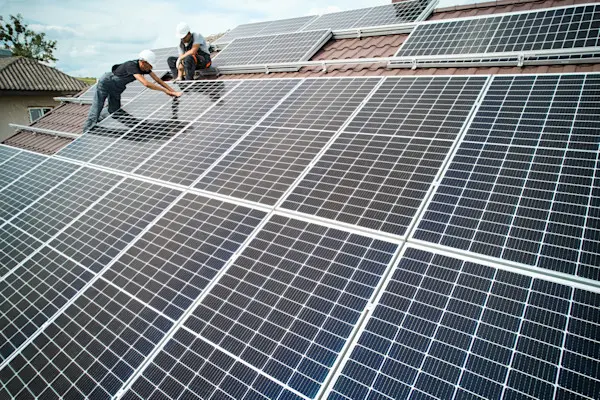
Even though installing solar panels can be complex, following these best practices can ensure that installation is done safely and efficiently. Solar Panels will last for many years, so you should plan, choose the right equipment, and work with the customer to ensure that your next Solar Panels projects are installed correctly and help to keep them well maintained.
If you require more expert advice then get in touch or contact your local City Plumbing branch. Our energy-efficiency experts are an installer’s secret weapon for navigating the latest and greatest in renewable technology installation.
Other articles

The Many Benefits of 'Green Plumbing'
22 Aug 2022 ・ 7 mins
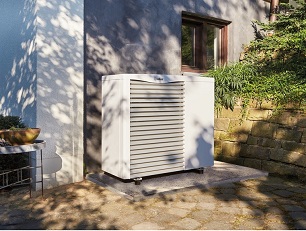
Everything you need to know about the Green Homes Grant
04 Mar 2022 ・ 8 mins
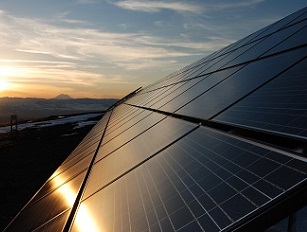
How to become a renewable energy engineer
03 Mar 2022 ・ 7 mins

Energy price rises in the UK are causing ‘heating arguments’
21 Apr 2022 ・ 10 mins

